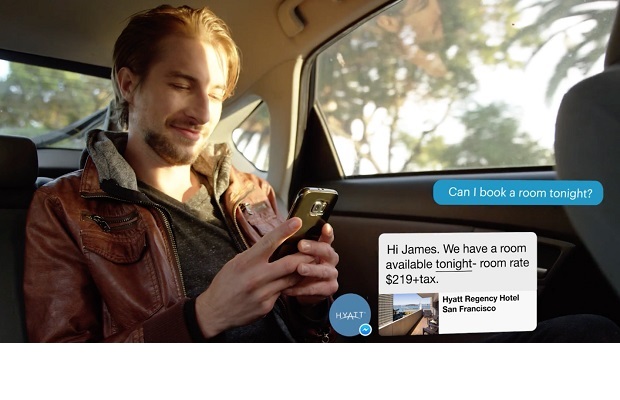Holiday shoppers spend three hours reading online content before committing to a trip, with a quarter then booking their summer holiday on their smartphone, according to new research.
The findings come from a new study by Teads, the inventor of outstream video and the No.1 video advertising marketplace in the world.
Key findings:
• The research reveals the impact of video ads in driving consumer action, with two thirds of consumers (65%) taking some kind of action after seeing one
• Personalisation is key to compelling video ads – almost a third of Brits (28%) prefer video ads with personalised recommendations and nearly half (46%) are willing to share personal data in order to receive bespoke destination
• Holiday shoppers spend three hours reading online content before committing to a trip
• Younger consumers demand a higher standard of advertising compared to other generations, for example, almost half of Gen Z (45%) find travel video ads that automatically play sound frustrating
• Consumers say interactive video ads would help them make decisions about their holiday, with a third (32%) keen to explore destinations further through 360 video. One in six (16%) would also be interested in being able to ask chatbots questions before making purchases
The study analyses the online behaviour of more than 2,000 UK consumers to reveal how they research and book holidays as well as the factors that influence their purchase. With Brits spending 10% of their salaries on leisure travel2, nearly £2,300 for a family holiday, this is a massive market for travel brands to tap into.
The research reveals Gen Z are turning away from smartphones for research, with this generation most likely to use their laptop for holiday research (65%) in comparison with smartphone devices (24%). This contrasts to 53% of all Brits who research on desktop compared to 20% using smartphones and tablets.
When it comes to booking, 53% of Brits still use a laptop to make the purchase, yet 23% purchased their summer holiday on a smartphone this year. Furthermore, millennials are most likely to book a holiday on their phone (40%) but less than a quarter of Gen Z prefer to book on this device (23%).
The research also reveals the impact of video ads in driving consumer action, with two thirds of consumers (65%) taking some kind of action after seeing one. Over a third (36%) have searched online after seeing an ad, 25% checked out reviews online and 21% clicked on the ad.
Personalisation is key to compelling video ads – almost a third of Brits (28%) prefer video ads with personalised recommendations and nearly half (46%) are willing to share personal data in order to receive bespoke destination recommendations – this rises to half of millennials (52%) and Gen Z (50%).
Consumers say interactive video ads would help them make decisions about their holiday, with a third (32%) keen to explore destinations further through 360 video. One in six (16%) would also be interested in being able to ask chatbots questions before making purchases – rising to a quarter (23%) of millennials.
Brands are already using chatbots to successfully engage customers online. The global cruise line, MSC Cruises, for a European campaign integrated chabots into its outstream video ads this year to drive more leads to its website. David Arcifa, Senior Digital Marketing Manager at MSC Cruises, said: “The goal for us was to raise brand awareness and consideration with a special focus on our ship, MSC Magnifica, based in Southampton from 2018. Thanks to the conversational bots, we have been able to build authentic relationships with potential customers, behaving like a personal online consultant that could reply to specific questions related to our itineraries, food experiences or entertainment on-board.”
Younger consumers also demand a higher standard of advertising compared to other generations. Almost half of Gen Z (45%) find travel video ads that automatically play sound frustrating. Younger generations also expect a higher level of targeting, with over a third of millennials (34%) and Gen Z (36%) saying that irrelevant ads are irritating. A fifth (21%) of Gen Z are also frustrated by seeing an advert for a destination they have just booked.
Justin Taylor, UK MD at Teads, said: “Booking a holiday is one of the biggest purchases consumers will make all year and they spend a lot of time researching online to find the right fit for them. It’s clear that video advertising has a big impact on this decision-making process and by incorporating interactive elements, such as chatbots or data capture forms, these ads can become even more powerful. By layering this data with their existing customer data, brands have a real opportunity to deliver personalised and interactive ads that have a real impact – without interrupting the user experience.”
